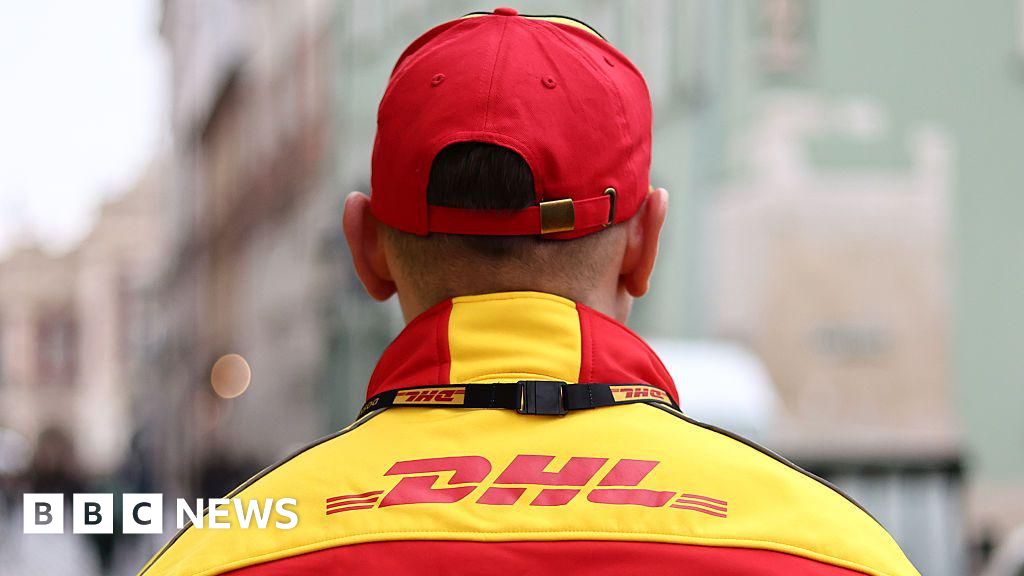Trump’s deportation drive blocked by Supreme Court in midnight ruling

WASHINGTON: The US Supreme Court has temporarily blocked President Donald Trump’s use of a centuries-old law to deport Venezuelan migrants without court hearings, in a late-night ruling that marks a major setback to his aggressive immigration policy.
The emergency ruling noted that two of the most conservative justices on the nine-member panel had dissented.
The order temporarily prevents the government from continuing to expel migrants under the 1798 Alien Enemies Act — last used to round up Japanese-American citizens during World War II.
Trump invoked the law last month to deport Venezuelans to a notorious prison in El Salvador that holds thousands of that country’s gangsters.
The court decision was triggered by imminent plans late Friday to expel dozens more Venezuelans under the act, meaning they would have been deported with next to no ability to hear evidence or challenge their cases.
The court said “the government is directed not to remove any member of the putative class of detainees from the United States until further order.”
Trump justifies summary expulsions — and the detention of people in El Salvador — by insisting that he is cracking down on violent Venezuelan criminal gangs now classified by the US government as terrorists.
But the policy is fuelling opposition concerns that the Republican is ignoring the US constitution in a broader bid to amass power.
The row over the Alien Enemies Act comes amid muscular assaults by the administration against big law firms, Harvard and other universities, and major independent media outlets.
The American Civil Liberties Union, which took the lead in seeking to halt Friday’s planned deportations, welcomed the Supreme Court ruling.
“These men were in imminent danger of spending their lives in a horrific foreign prison without ever having had a chance to go to court,” attorney Lee Gelernt said.
On Saturday the government filed a motion with the Supreme Court arguing that it should not be prevented from using the Alien Enemies Act to deport people it says are terrorists.
The government also asserted that even if it is blocked, the court should state that such deportations can go ahead using other laws.
Tattoos and due process
Trump won the White House election last November in large part on promises to combat what he repeatedly claimed is an invasion of criminal migrants.
Trump’s rhetoric about rapists and murderers descending on suburban homes resonated with swathes of voters concerned about high levels of illegal immigration.
Trump has sent troops to the Mexican border, imposed tariffs on Mexico and Canada for allegedly not doing enough to stop illegal crossings, and designated gangs like Tren de Aragua and MS-13 as terrorist groups.
A right-wing influencer who meets often with Trump, Laura Loomer, said Saturday that the president was “gracious” for flying out people who entered the country illegally, rather than having them “shot to death” at the border.
Democrats and civil rights groups have expressed alarm at an erosion of constitutional rights.
Under Trump’s use of the Alien Enemies Act — previously seen only during the War of 1812, World War I and World War II — migrants have been accused of gang membership and sent to El Salvador without going before a judge or being charged with a crime.
Trump has also repeatedly said he would be open to sending American citizens convicted of violent crimes to the notorious El Salvador prison, CECOT, outside San Salvador.
Attorneys for several of the Venezuelans already deported have said their clients were targeted largely on the basis of their tattoos.
In the most publicised case to date, Maryland resident Kilmar Abrego Garcia was deported last month to CECOT before the Trump administration admitted he was sent there due to an “administrative error.”
Even after a court ruled that the Trump administration must facilitate Abrego Garcia’s return, Trump has doubled down and insisted he is a gang member — including posting an apparently doctored photo on social media Friday that showed MS-13 on his knuckles.
As court challenges pile up, the president and his allies have repeatedly attacked what they call “activist” judges.
Another right-wing influencer with a large social media following, Jesse Kelly, responded to the overnight order freezing deportations by posting: “Ignore the Supreme Court.”




